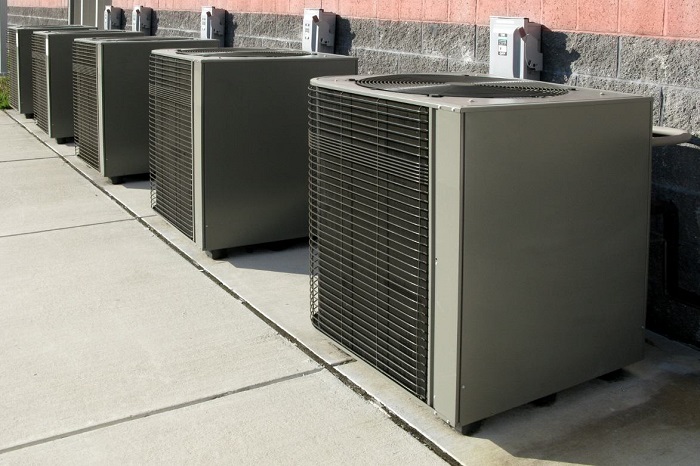Your Toronto home’s indoor air can be hazardous if it is not checked regularly. Unlike the outdoors, buildings rely on physical infrastructures and automated systems to filter and circulate air. Without appropriate measures, your home could accumulate more contaminants than the air outside. A significant deterioration of the quality of air inside your home could affect your health negatively, making it essential to consult air conditioner repair professionals.

Sources of Indoor Air Quality Problems
There are numerous sources of indoor air pollution in homes, which include oil, kerosene, gas, wood, coal, and tobacco products. Some of these contaminants can produce carbon monoxide and other invisible and potentially deadly gases. Household cleaning products, carpets, insulation, and other building materials can produce toxins at very high levels. Similarly, mold, dust, and allergens can accumulate easily and spread through the air inside your home. Even outdoor pollutants like pesticides and radon can get into your home, rendering the air unsafe
Indoor Pollution and Health Effects
Sometimes, the consequences of poor indoor air quality may take long to show up. Initial symptoms include dizziness, fatigue, unexplained headaches, and irritation of the nose, throat, and eyes. Some exposure can be devastating or fatal; poisoning from carbon monoxide can kill in minutes. Other long-term effects may include cancer, chronic respiratory diseases, and heart problems.
How to Improve Indoor Air Quality
There are numerous methods of ensuring that the air inside your home is healthy and of good quality, such as:
- Source control: Eliminate individual sources like coal and wood, and avoid smoking.
- Ventilation improvements: When the weather permits, run attic, bathroom and kitchen fans, and open windows and doors.
- Air filters and cleaners: There are numerous add-ons and modifications to your air conditioning and heating systems that can filter out pollutants and improve the quality of air in your home. It is recommended that you use the latest models as some can keep out 98% of the pollutants.
- If your air conditioner is broken, make sure you have it repaired by AC repair professionals. A broken air conditioner can cause health risks as its overall performance is likely to be diminished, making it hard for it to circulate clean air.
- Invest in the correct HVAC equipment for your home: If you are using old heating and air conditioning units, the chances are that the air in your home is of very poor quality. After many years of operation, many air conditioners and heaters become breeding grounds for mold, allergens, and germs. Modern devices produce lesser pollutants than their older counterparts. The more advanced air conditioning and heating systems can offer you superior filtration, humidity, and temperature control while maintaining perfect conditions for the removal of airborne pollutants.
To ensure that your AC is properly installed and will perform well for a long time, turn to a professional AC installation, repair, and maintenance company.
Sources:
Indoor Air Quality – General, ccohs.ca
Air Conditioning Your Home, nrcan.gc.ca
What is the Best Indoor Humidity Range for People, Books, and Electronics? brighthubengineering.com